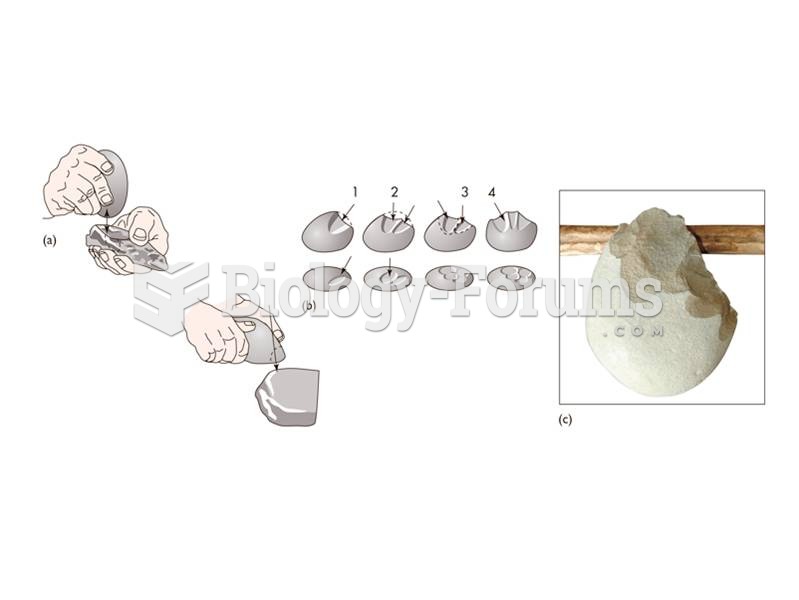|
|
|
The first documented use of surgical anesthesia in the United States was in Connecticut in 1844.
Hip fractures are the most serious consequences of osteoporosis. The incidence of hip fractures increases with each decade among patients in their 60s to patients in their 90s for both women and men of all populations. Men and women older than 80 years of age show the highest incidence of hip fractures.
Eat fiber! A diet high in fiber can help lower cholesterol levels by as much as 10%.
Cocaine was isolated in 1860 and first used as a local anesthetic in 1884. Its first clinical use was by Sigmund Freud to wean a patient from morphine addiction. The fictional character Sherlock Holmes was supposed to be addicted to cocaine by injection.
Human stomach acid is strong enough to dissolve small pieces of metal such as razor blades or staples.







